May 24, 2025 | 16:21 GMT +7
May 24, 2025 | 16:21 GMT +7
Hotline: 0913.378.918
May 24, 2025 | 16:21 GMT +7
Hotline: 0913.378.918
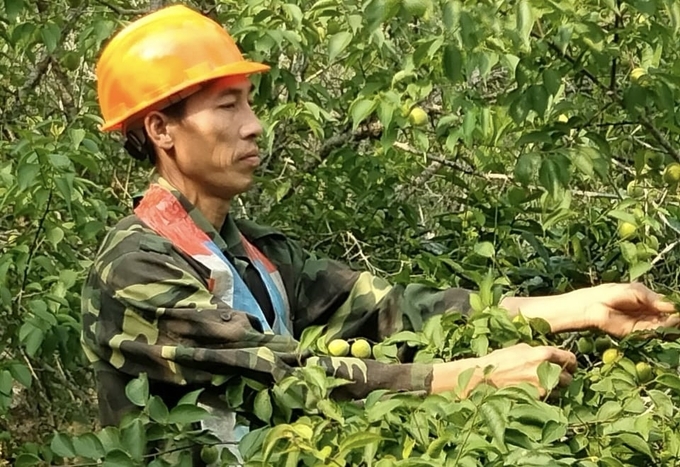
Mr. Nguyen Van Hung's life is better thanks to the good price of apricots. Photo: Dinh Hoi.
In Bac Kan, in the early 90s, there was a time when everyone grew apricots, and everyone grew apricots. Apricot trees were grown everywhere and were a crop to alleviate hunger and reduce poverty.
But prosperity did not last long. With spontaneous production and a lack of planning at that time, the apricot tree gradually withered. The output was significant, but the processing factory depended only partially on traders. By the early 2000s, no one had bought apricots for sale, had given them away, and had yet to take them. The apricot tree gradually fell into oblivion, with no one interested in caring for it or harvesting it for a long time.
The year 2015 saw the yellow apricot tree in Bac Kan revived, and traders began to return to buying apricots at relatively high prices. However, there needed to be more remaining apricot growing areas in Bac Kan province, mainly old apricot roots with low productivity.
Apricot trees have been revived strongly since 2017 when Vietnam Misaki Co. operated in Thanh Binh Industrial Park, Cho Moi district. Apricots are processed into high-quality products for export to Japan.
Cao Ky commune, Cho Moi district, is the apricot-growing capital of Bac Kan province, with an area of about 300ha. In recent years, apricot trees have gradually helped people here get rich.
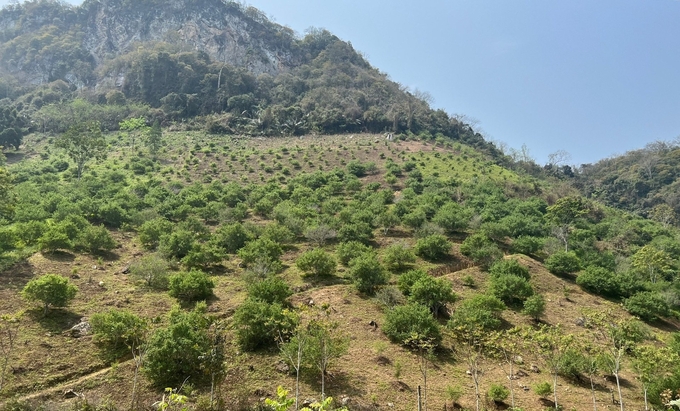
Vast apricot gardens in Cao Ky commune, Cho Moi district. Photo: Dinh Hoi.
These days, when coming to Cao Ky, everywhere on the road, there are busy scenes of traffic; on the hills, there are groups of people picking apricots.
Mr. Nguyen Van Hung, Choc Toong village, Cao Ky commune, a farmer who got rich from apricot trees, said he started farming in 2003 in an area of 2ha.
At first, the apricot tree was in a prosperous period, but a few years later, when the apricot tree was harvested, the price was miserable. At times, the cost of apricots dropped to VND 1,000 per kg, which is not enough money to hire people to harvest and transport them.
In the 2010s, Mr. Hung's family and many neighbors abandoned the apricot garden. Some people even cut them down to plant other fruit trees.
"I also intended to cut it down, but I regretted the effort of planting and taking care of it for so long, so I decided to keep it. I didn't think the apricot tree would be revived at a high price like today. Thinking back, I'm still lucky. I don't have anything to earn my income now," Mr. Hung shared.
In 2015, the price of apricots increased to VND 11,000 per kg, helping Mr. Hung earn more than VND 150 million yearly. Thanks to the money from selling apricots, Mr. Hung built a spacious house and raised his children, and his life gradually improved.
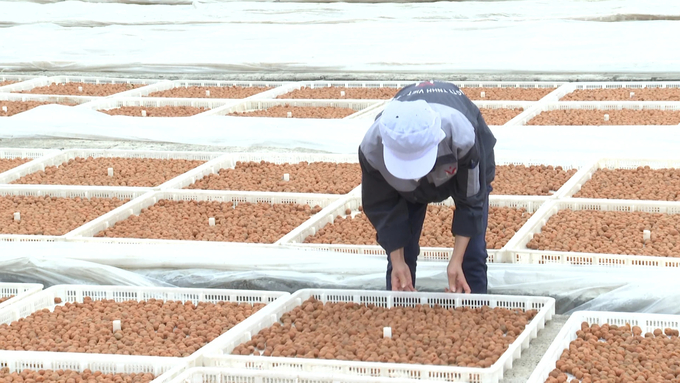
Processing apricots at Vietnam Misaki Co. Photo: Dinh Hoi.
The revival of apricot trees in Bac Kan is associated with the establishment and development of Vietnam Misaki Co. This company purchases apricots in Bac Kan province and then processes them into products such as honey and perilla apricots for export to Japan.
Vietnam Misaki Co. annually buys nearly 2,000 tons of apricots at about VND 8,000 per kg. In 2023, products made from apricots alone will help the company achieve about VND 4 billion in revenue.
To create a stable raw material area, the company signed a contract with two cooperatives in Cao Ky commune to purchase from farmers at VND 8,000 per kg or more.
Mrs. Hoang Thi Lap, Director of Vietnam Misaki Co., said that in the coming years, it will continue to expand its production scale and diversify its products. It is expected to launch more products, such as dried apricots, candy, etc., to target domestic customers and extend to several foreign markets.
"Products made from apricots in Bac Kan are quite popular in the Japanese market and are an indispensable dish for Japanese people, so there is still much room for export. We will continue to expand the processing scale and build more raw material areas in some climatic sub-regions suitable to the characteristics of the apricot tree," Mrs. Lap added.
Returning to the story in apricot growing areas, this year, apricot growers in Bac Kan are excited because dwarf apricot prices are reasonable, with prices from VND 8,000 to 15,000 per kg, and yellow apricots are priced from VND 22,000 to 25,000 per kg. This purchasing price is VND 3,000 to 4,000 higher for dwarf apricots and about VND 6,000 higher for yellow apricots than last year's.
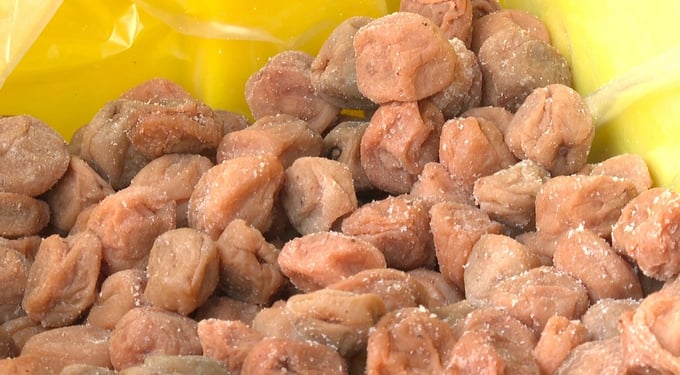
After processing, apricots are very popular in the Japanese market. Photo: Dinh Hoi.
In recent years, apricot trees have become a crop with high economic value, and the area currently planted in Bac Kan province is about 1,000ha. Many households have an income of several hundred million VND a year.
Mr. Dong Phuc Toan, Chairman of Cao Ky Commune People's Committee, informed that apricot trees are the main crop of the commune, with an area of nearly 350ha, of which 200ha have been harvested. Thanks to the development of apricot trees, the income of people in Cao Ky commune is increasing, and hundreds of households have built spacious houses.
Recently, Borderless Asia company put an agricultural product processing factory with a capacity of more than 5,000 tons per year into operation. Salted apricot products alone will have a capacity of 1,500 tons per year, all exported to the Japanese market.
Despite bringing high economic efficiency, most farmers in Bac Kan still need to comply with the procedures for pruning, creating canopy, caring for, fertilizing, and watering apricot trees. For a long time, households grew apricots mainly by experience. Hence, they often suffered from pests and diseases, leading to low productivity and quality, and the design of apricots needed to be more beautiful.
Currently, Bac Kan province aims to stabilize new planting areas associated with quality and develop consumer markets, avoiding the situation of massive planting like 30 years ago.
Translated by Huong Giang
/2025/05/22/5250-1-184853_288.jpg)
(VAN) According to a representative from the Central Retail Vietnam, Vietnamese products such as seafood, sweet potatoes, dragon fruit, coffee, and spices hold great potential in the Thai market.
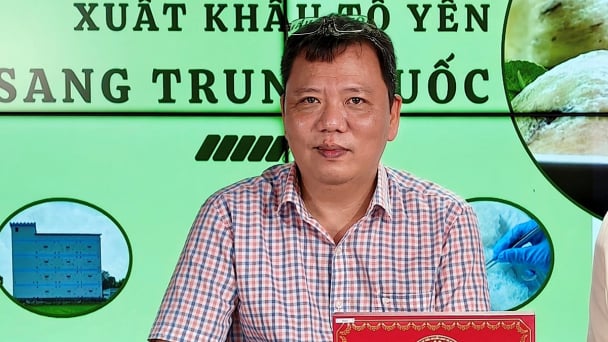
(VAN) A multi-channel, multi-directional strategy only works when the agricultural value chain meets global transparency and SPS standards.
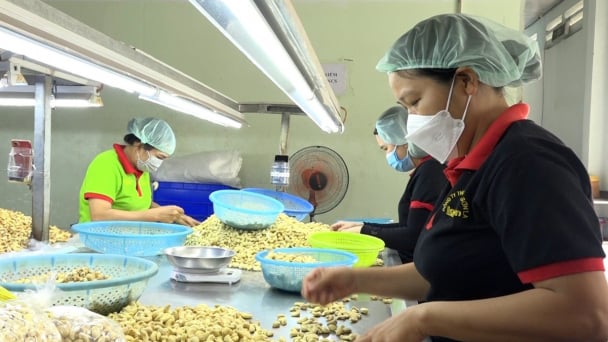
(VAN) Market expansion is a matter of survival for Vietnamese businesses amid fierce competition and global supply chain fluctuations.
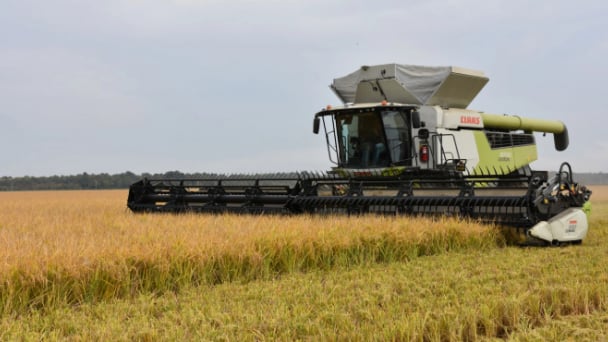
(VAN) Global market prospects for U.S. long-grain rice for the upcoming marketing year.
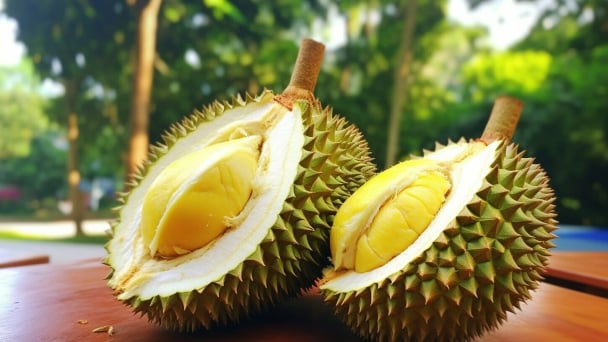
(VAN) China’s General Administration of Customs started permitting fresh durian shipments from Cambodia after a phytosanitary protocol was signed with the Cambodian Ministry of Agriculture in late April.
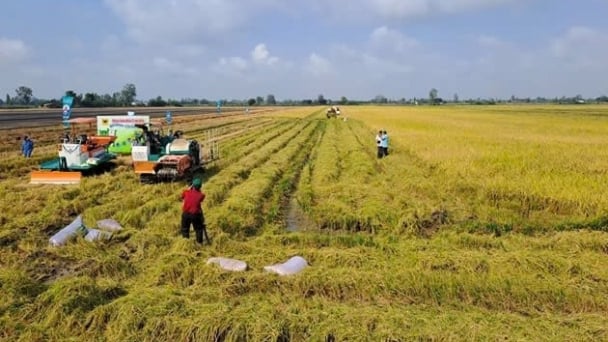
(VAN) To operate carbon market, one of the key issues is determining which types of 'commodities' meet the standards to be traded on the market.
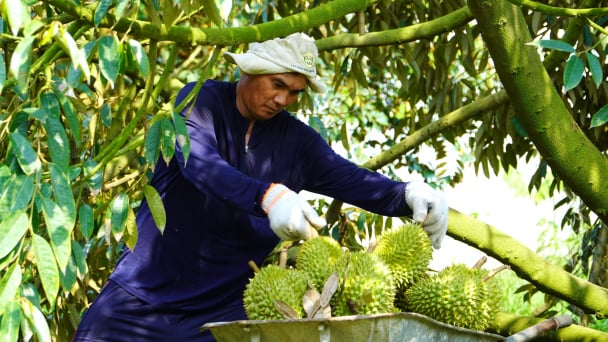
(VAN) Durian-producing localities need to coordinate more effectively with central authorities to improve the traceability, monitoring, and response systems in case of violations.